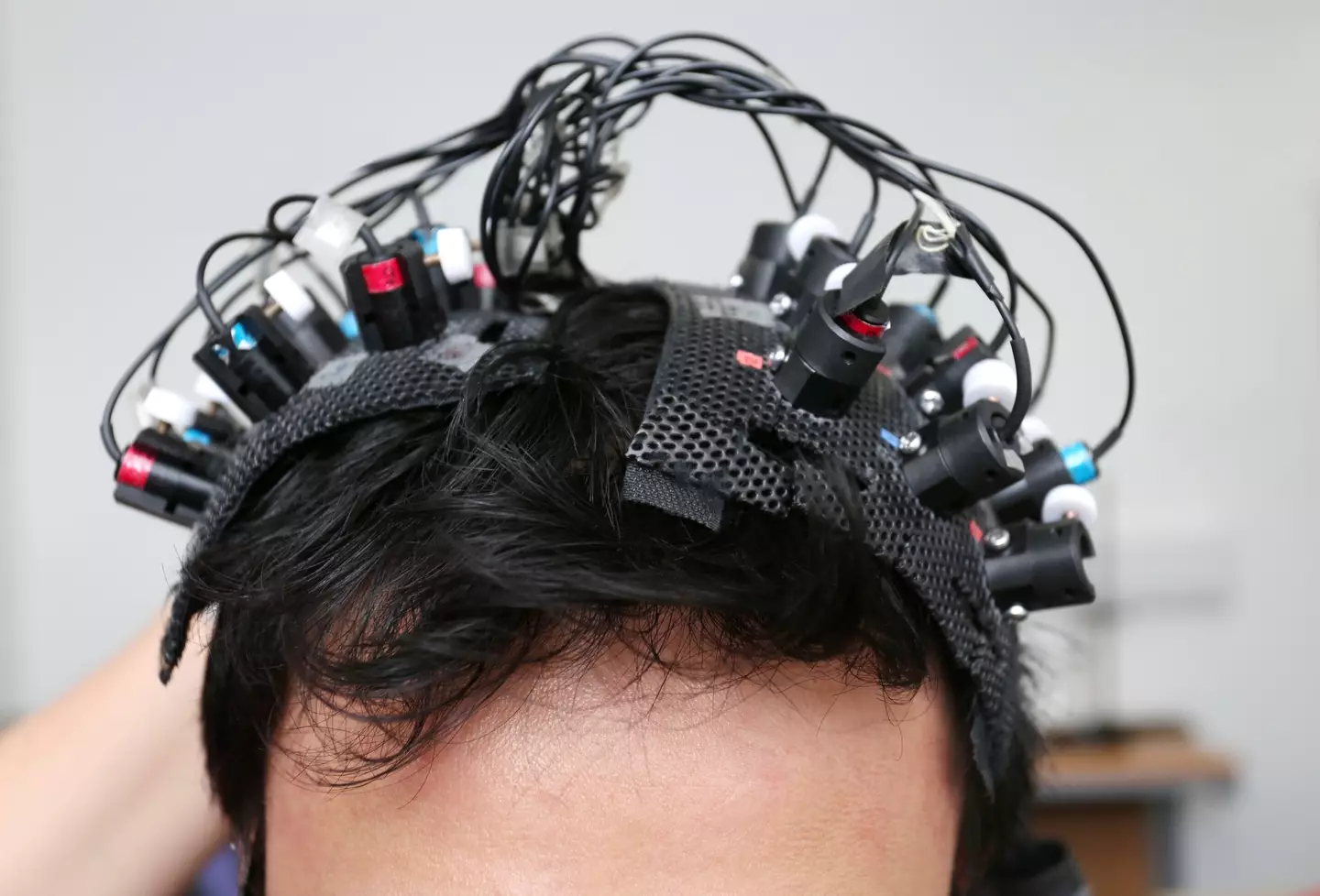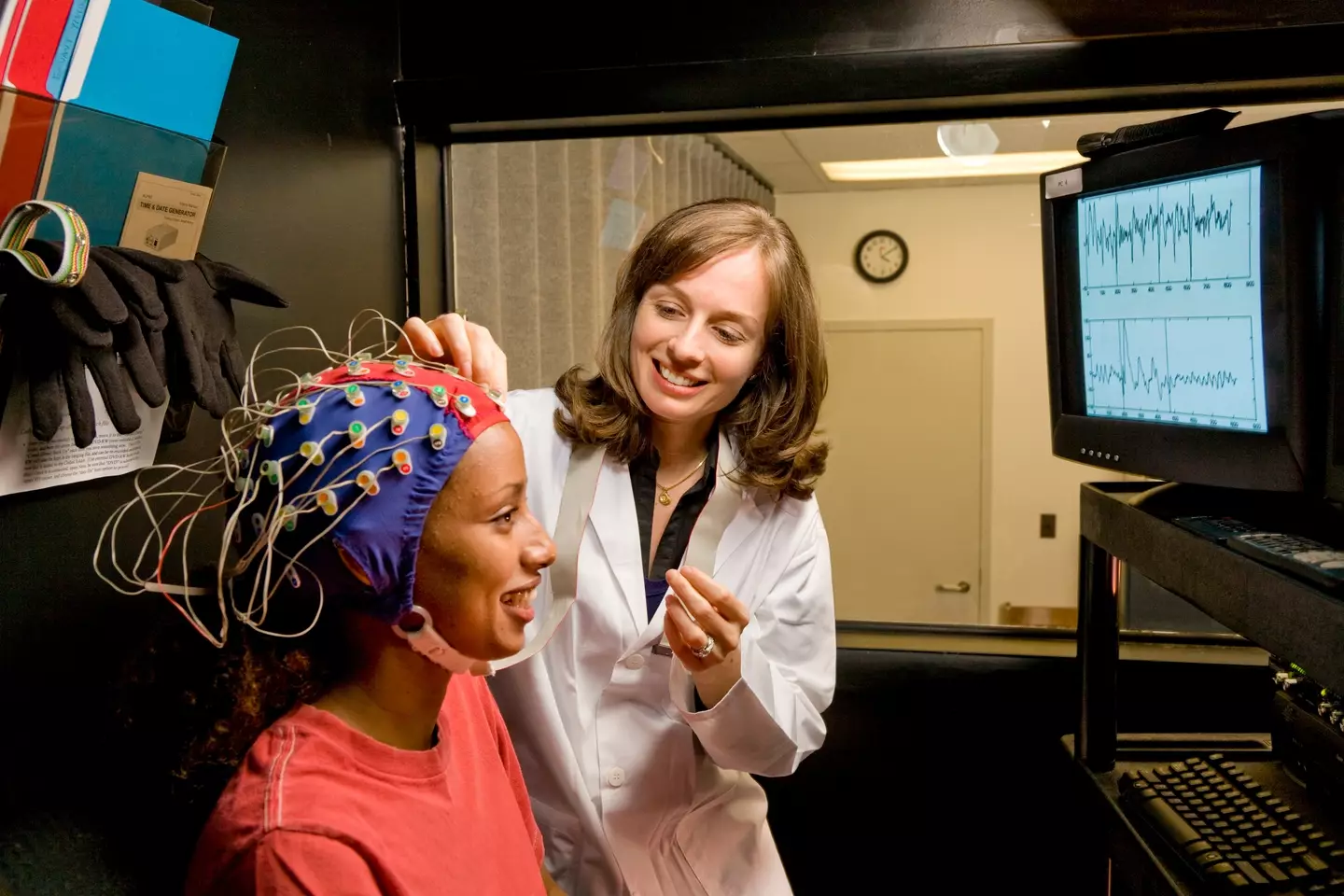Scientist Reveals Unusual Theory Suggesting We Are Always 'Living In The Past'
Time seems straightforward but can become surprisingly complex when examined closely. One intriguing theory suggests that we always live in the past, which might sound unusual at first glance.
This theory is built on the idea that there is a slight delay between when our brain makes a decision and when we become aware of that decision. To understand this theory, it's helpful to consider how our brain processes information.
Studies have shown a slight but measurable delay—about half a second—between the moment our brain decides to do something and when we consciously recognize this decision. According to the theory, this delay means that we are always a fraction of a second behind the present moment, living in a slightly outdated reality.
This concept was explored in a study that involved participants using a fake remote control to interact with a slideshow. Unbeknownst to them, their brainwaves controlled the slides.
The researchers observed a noticeable delay between the spike in brain activity indicating the participants' decision to press the button and their actual awareness of this decision. The study suggested that this delay, ranging from a third to half a second, indicates that we are constantly living a tiny bit in the past.
Dr. Chris Smith, a well-known scientist, discussed this theory on his radio show, "Ask the Naked Scientist." Despite the show's name, which humorously suggests that he delivers answers in his birthday suit, it refers to the straightforward and clear explanations provided.
Dr. Smith explained that the brain's delay is a fascinating aspect of human cognition. According to him, this delay shows that our decisions are made just before we consciously recognize them, leading to the idea that we are perpetually experiencing the past.
Beyond decision-making, this delay extends to how we perceive the world. For example, light must travel from the object to our eyes when we see something. This journey takes a little time, meaning the image we see is always slightly behind the actual event.
Similarly, sound travels at a finite speed, so what we hear is a fraction of a second delay. In essence, every sensory experience we have reflects the past.
The light and sound we perceive are not instantaneous but brief snapshots of what has already happened. While these delays are incredibly short, they highlight an interesting aspect of how we experience the world.
Understanding this concept doesn’t mean that our perception is significantly flawed or that we live in constant confusion. Instead, it offers a unique perspective on how our brain and senses work together to create our reality experience.
This theory encourages us to appreciate the remarkable ways our brain processes information and the subtle yet intriguing delays that shape our perception of the present moment.
An experiment tracking brain activity discovered the delay.
 Getty Stock Photo
Getty Stock PhotoWe’re always trying to keep up with everything going on around us.
 Getty Stock Photo
Getty Stock PhotoThe idea that we're always living in the past might sound strange, but it offers a great way to think about how we experience the world. There’s a tiny delay between when our brain decides and when we realize we’ve made it.
Plus, there’s a slight delay in seeing and hearing things because light and sound take a little time to reach us.
These delays are short and don’t affect our everyday lives much, but they show us how unique and complex our brains are. Instead of making us worry, this idea helps us appreciate how our minds work and how we understand what’s happening around us.




